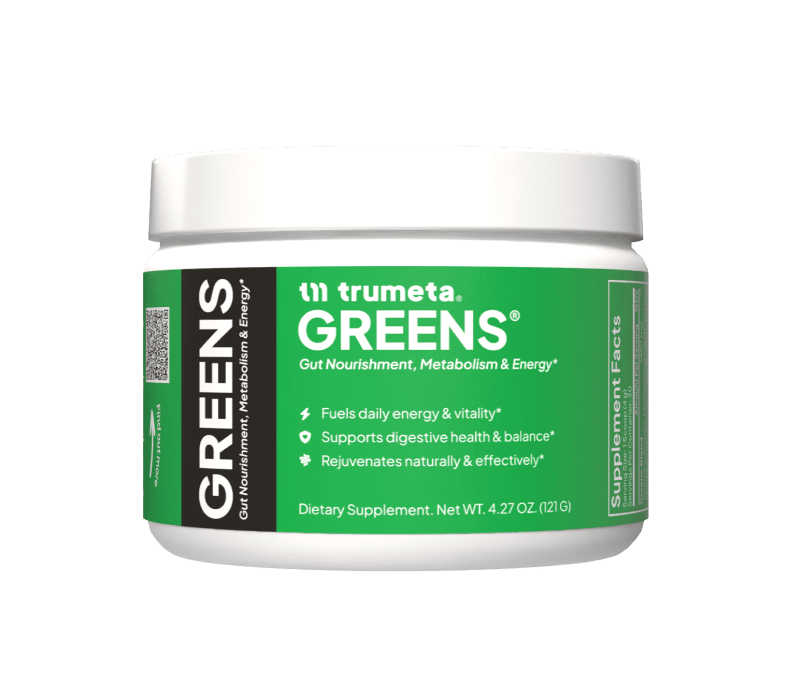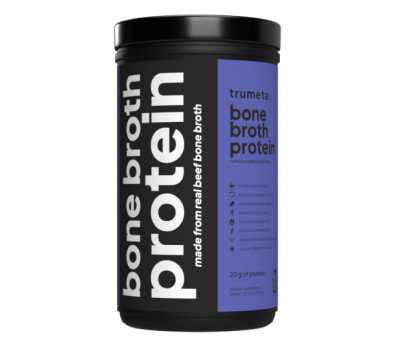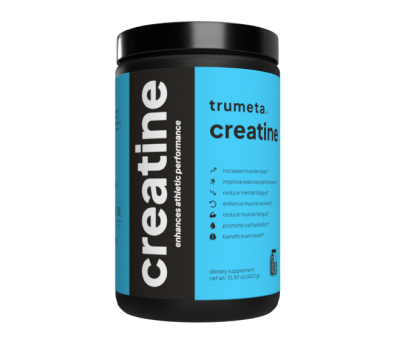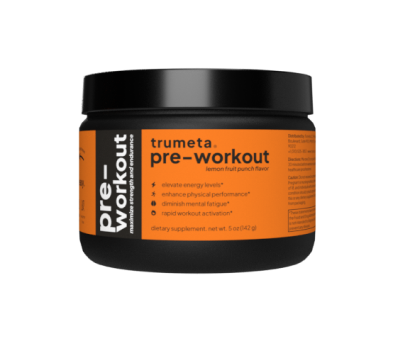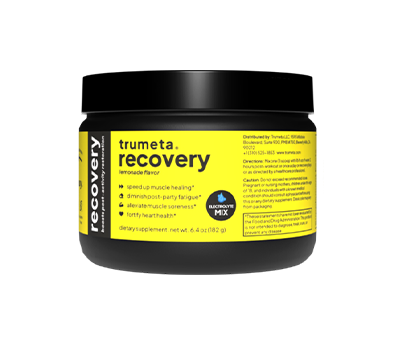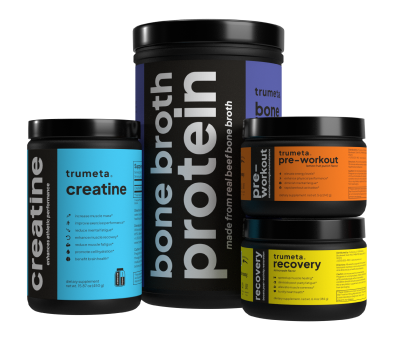


Organic apples:
Nutritional benefits & uses
Crisp, juicy, and naturally sweet, organic apples are a delicious way to support your well-being. Unlike conventionally grown apples, organic varieties are cultivated without synthetic pesticides or chemical fertilizers, making them a cleaner, more natural choice. Packed with essential vitamins, fiber, and powerful plant compounds, these fruits promote overall vitality and can easily be incorporated into a balanced diet.
Whether you enjoy them fresh, baked, or blended into smoothies, organic apples offer both flavor and nutrition in every bite. Their refreshing taste pairs well with countless dishes, while their nutrient-rich profile supports digestion and daily energy levels.
Benefits of Organic Apples
Organic apples are more than just a tasty snack - they're packed with nutrients that support your overall health. Free from synthetic pesticides, they offer a cleaner, more natural option. Their fiber, vitamins, and antioxidants help keep your heart, digestion, immune system, and skin in top shape.
Supports Heart Health
Organic apples contain fiber, which helps lower bad cholesterol and supports heart health. They also have potassium, an important mineral that helps regulate fluid balance and blood circulation. Adding an organic apple to your diet is a simple way to support your heart every day.
Aids in Digestion
Apples are high in fiber, which supports regular digestion. They also contain pectin, a type of soluble fiber that acts as a prebiotic, feeding good gut bacteria. Eating apples regularly can help keep your digestive system running smoothly.
Boosts Immune System
Organic apples are a great source of vitamin C, which helps strengthen your immune system. Their antioxidants also help protect cells from damage. Eating apples daily is an easy way to support overall wellness.
Promotes Healthy Skin
Apples are rich in antioxidants like flavonoids, which help protect skin from damage and keep it looking fresh. Their water content also helps maintain hydration. Eating apples can support healthy, glowing skin from the inside out.
Supports Weight Management
Organic apples are low in calories but high in fiber, helping you stay full longer. Their natural sweetness can satisfy cravings without added sugar. Whether as a snack or in meals, apples support a balanced diet and can help with healthy weight goals.
Forge Your Victory
Key nutrients
Organic apples are packed with essential nutrients that support overall health. They provide a combination of vitamins, minerals, and antioxidants that help keep your body functioning at its best. Here are the key nutrients that make apples a smart choice for daily nutrition.
Fiber
Apples are a great source of fiber, which plays a major role in digestive health. It helps keep bowel movements regular and supports a balanced gut microbiome. Fiber also promotes satiety, helping you feel full longer, which can be useful for weight management.
Vitamin C
This powerful antioxidant supports immune health and helps the body fight off environmental stressors. Vitamin C is also essential for collagen production, which keeps skin firm and healthy. Including apples in your diet is an easy way to get a natural boost of this important vitamin.
Potassium
Potassium is an essential mineral that helps maintain fluid balance and supports muscle and nerve function. It also plays a role in heart health, helping to keep circulation running smoothly. Eating apples regularly can contribute to a steady potassium intake.
Flavonoids
Organic apples contain flavonoids, natural antioxidants that protect cells from damage. These compounds help reduce oxidative stress and support overall wellness. Flavonoids are especially beneficial for skin health and inflammation balance.
B Vitamins
Apples provide small amounts of B vitamins, which help the body convert food into energy. These vitamins also support brain function and help maintain a healthy nervous system.
How to Use Organic Apples?
Adding organic apples to your daily food routine is effortless and rewarding. These versatile fruits can enhance both sweet and savory dishes with their bright flavor and impressive nutritional profile.
The simplest way to enjoy organic apples is washing them thoroughly under cool water and eating them fresh. For maximum nutrition and flavor, consume them with the skin on, as it contains many of the beneficial nutrients and fiber.
You can easily incorporate organic apples into your diet by:
- Slicing them into morning oatmeal or yogurt
- Adding them to smoothies for natural sweetness
- Dicing them into fresh salads for a sweet crunch
- Baking them with a sprinkle of cinnamon for a warming treat
- Making homemade applesauce without added sugar
- Creating quick apple slaws for sandwiches and wraps
For a nutritious snack, pair fresh organic apples with a spoonful of nut butter, a slice of cheese, or a handful of nuts. This combination provides a satisfying balance of sweet flavor, healthy fats, and protein.
When cooking with apples, different varieties offer unique flavors and textures. Firmer varieties like Honeycrisp and Granny Smith hold their shape well for baking, while softer varieties like Gala and Fuji are perfect for sauces and smoothies.
Store unwashed organic apples in the refrigerator's crisper drawer to maintain freshness. They'll stay crisp for weeks when properly stored, making them a convenient fruit to keep on hand.
Nutritional Information
Organic apples offer exceptional nutritional value with minimal calories, making them an ideal addition to a balanced diet. Here's a detailed breakdown of what you'll find in a medium-sized organic apple (approximately 182 grams):
- Calories: 95
- Protein: 0.5 grams
- Carbohydrates: 25 grams
- Fiber: 4.4 grams
- Natural Sugars: 19 grams
- Fat: 0.3 grams
- Water Content: 156 grams (86% by weight)
This serving delivers an impressive array of essential vitamins:
- Vitamin C: 8.4 mg (14% of daily value)
- Vitamin A: 98 IU (2% of daily value)
- Vitamin K: 4 mcg (5% of daily value)
- Vitamin E: 0.33 mg (2% of daily value)
- Vitamin B6: 0.1 mg (5% of daily value)
Organic apples also provide important minerals per medium apple:
- Potassium: 195 mg (6% of daily value)
- Manganese: 0.1 mg (3% of daily value)
- Magnesium: 9 mg (2% of daily value)
- Copper: 0.05 mg (3% of daily value)
- Phosphorus: 20 mg (2% of daily value)
What makes organic apples truly special is their rich concentration of plant compounds with beneficial properties:
- Quercetin: A flavonoid with strong antioxidant properties
- Catechin: Found primarily in the skin, supporting cellular health
- Chlorogenic Acid: A polyphenol compound found abundantly in apples
- Phloridzin: A flavonoid unique to apples and their relatives
The nutritional profile can vary slightly between different apple varieties, with some containing higher levels of specific compounds than others. Whether you enjoy them fresh, baked, or juiced, organic apples provide exceptional nutrition in a naturally sweet package that supports overall wellbeing.



Strength isn't given.
It's earned.
Every rep. Every set. Every scoop.
Frequently asked questions
References
What to Look for When Finding Organic Apples?
Choose apples labeled USDA Organic or certified by a trusted organic standard. Look for firm, unbruised fruit with vibrant color. Locally sourced apples are often fresher. If possible, buy in-season for the best taste and nutrient content.
Is Organic Apple Juice Healthy?
Organic apple juice can be a good choice if it’s 100% juice with no added sugars or preservatives. However, whole apples provide more fiber and nutrients. Drinking juice in moderation is best, as it contains natural sugars without the fiber benefits.
Do Apples Need to Be Organic?
Organic apples are grown without synthetic pesticides, making them a cleaner option. However, if organic isn’t available, washing conventional apples thoroughly can help reduce residues. Either way, apples remain a nutritious choice packed with fiber, vitamins, and antioxidants.
Koutsos, A., Tuohy, K., & Lovegrove, J. (2015). Apples and Cardiovascular Health—Is the gut microbiota a core consideration? Nutrients, 7(6), 3959–3998. https://pmc.ncbi.nlm.nih.gov/articles/PMC4488768/
Mba, A. L. B. (2023). 10 impressive health benefits of Apples. Healthline. https://www.healthline.com/nutrition/10-health-benefits-of-apples
Oyenihi, A. B., et al. (2022). “An apple a day keeps the doctor away”: The potentials of apple bioactive constituents for chronic disease prevention. Journal of Food Science, 87(6), 2291–2309. https://pmc.ncbi.nlm.nih.gov/articles/PMC9321083/
Walters, M. (2022). Apple on your face? This skin care trend just might make sense. Healthline. https://www.healthline.com/health/apple-for-face
Rd, B. E. (2024). Are apples Weight-Loss-Friendly or fattening? Healthline. https://www.healthline.com/nutrition/how-apples-affect-weight
Gill, S. K., et al. (2020). Dietary fibre in gastrointestinal health and disease. Nature Reviews Gastroenterology & Hepatology, 18(2), 101–116. https://pubmed.ncbi.nlm.nih.gov/33208922/
Pullar, J., Carr, A., & Vissers, M. (2017). The roles of vitamin C in skin health. Nutrients, 9(8), 866. https://pmc.ncbi.nlm.nih.gov/articles/PMC5579659/
The Healthline Editorial Team. (2024). What potassium does for your body: A detailed review. Healthline. https://www.healthline.com/nutrition/what-does-potassium-do#takeaway
Zahra, M., et al. (2024). Flavonoids: antioxidant powerhouses and their role in nanomedicine. Antioxidants, 13(8), 922. https://pmc.ncbi.nlm.nih.gov/articles/PMC11351814/
Kennedy, D. (2016). B Vitamins and the Brain: Mechanisms, Dose and Efficacy—A Review. Nutrients, 8(2), 68. https://pmc.ncbi.nlm.nih.gov/articles/PMC4772032/
Calderón‐Ospina, C. A., & Nava‐Mesa, M. O. (2019). B Vitamins in the nervous system: Current knowledge of the biochemical modes of action and synergies of thiamine, pyridoxine, and cobalamin. CNS Neuroscience & Therapeutics, 26(1), 5–13. https://pmc.ncbi.nlm.nih.gov/articles/PMC6930825/
